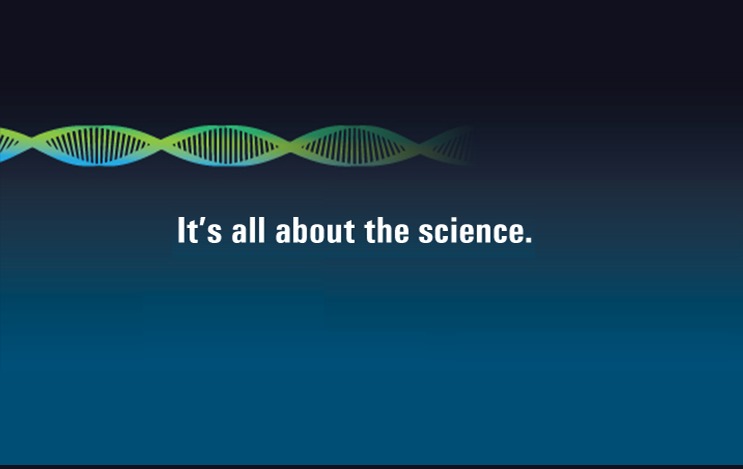

Epigenetic and Metabolic Regulation of Aging and Aging-Related Diseases
May 1, 2016 - May 5, 2016
Meeting Summary
Aging poses formidable scientific, medical and societal challenges. Old age is the single most important risk factor for a constellation of diseases, including cardiovascular disease, cancer, diabetes and a range of neurodegenerative disorders such as Alzheimer’s disease. Aging is also one of the greatest fundamental mysteries in biology, and arguably its next frontier. Long thought to be inexorable, aging has in fact been shown to be malleable due to specific changes in genes or environment. This Keystone Symposia meeting will cover the most exciting questions at the forefront of the field: How can external stimuli delay aging in a long-lasting, yet reversible, manner? Does the integration of external stimuli to modulate aging differ among cells with vastly diverse functions – somatic maintenance, tissue regeneration and the “immortal” germline? Is aging a synchronous process, and how do the different cells and systems communicate? How do diseases of aging develop, and what can be done to prevent or reverse them? To address these questions, the symposium will gather investigators from completely different areas to bring an interdisciplinary approach to aging. The meeting will focus on the emerging nexus between two key aging regulators – epigenetic states of the genome and metabolic status – and will highlight innovative technologies and the newest discoveries in aging and diseases. This symposium will also address questions from different perspectives, taking advantage of model organisms with drastically divergent lifespans and aging strategies. Importantly, this meeting will particularly discuss human aging and its associated traits – frailty, susceptibility to diseases – and potential aging therapeutics.
